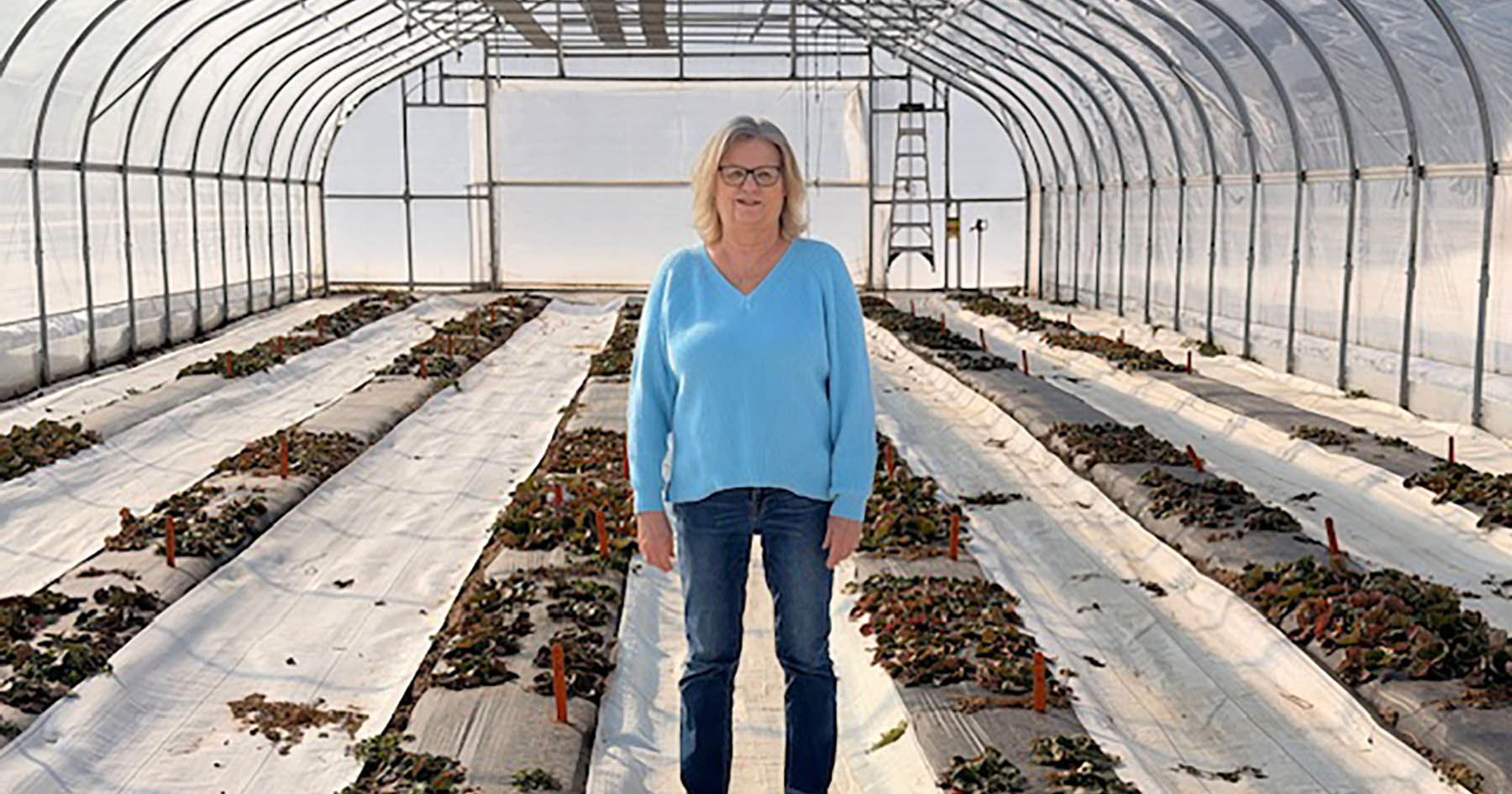Report: Broadband access would benefit rural areas, state
Indiana could reap nearly $12 billion in present value of net economic benefits over a 20-year period if an investment were made to extend broadband internet into the state's rural areas, according to an analysis conducted by Purdue University agricultural economists.
"Estimation of the Net Benefits of Indiana Statewide Adoption of Rural Broadband" analyzed potential costs and benefits associated with broadband installation within the service territory of seven electric cooperatives and extrapolated those findings to the entire state. It was found that every dollar invested in broadband returns nearly $4 to the economy.
“It’s unusual to see returns that significant. The finding of a 4:1 return validates the opportunity that could be created by full broadband deployment in Indiana,” said Wally Tyner, Purdue's James and Lois Ackerman Professor of Agricultural Economics.
"In the seven electric cooperatives we studied in detail, there are 93,000 members, many of whom do not have broadband access."
Tyner said some of the key gains from rural broadband would be in the areas of modern healthcare and education, economic and workforce development, farm income, and consumer savings.
The study was conducted by the Purdue Center for Regional Development and commissioned by Indiana Electric Cooperatives and Tipmont REMC with financial support from CoBank. Working on the analysis with Tyner were agricultural economics professor Larry DeBoer and Alison Grant, who is currently pursuing her doctorate in the Department of Agricultural Economics. Tipmont REMC, Henry County REMC, Jackson County REMC, Marshall County REMC, Noble REMC, Orange County REMC and Whitewater Valley REMC were examined for the report.
“When high-speed internet is unavailable, too slow or too expensive, the impacts can be profound,” said Tom VanParis, CEO of Indiana Electric Cooperatives. “The areas of Indiana that lack quality internet access are largely the same as those served by electric cooperatives, and it is fundamentally important to us to improve the overall economic health, vitality and quality of life in the communities we serve.”
DeBoer said that rural broadband’s large economic effect would add to state and federal government revenues and create budget savings.
"We estimate if broadband investments were made in rural areas, $3.24 billion of the total net benefit of $12 billion would flow to the state and federal government through increased tax revenue and healthcare savings. Income and sales tax revenues would increase, and telemedicine healthcare savings would reduce the costs of the Medicaid and Medicare programs as well," DeBoer said. "Broadband would provide benefit in a wide range of areas, many of which have tax revenue and savings implications for the government."
In making its analysis, the Purdue team collected detailed data from the areas served by the seven cooperatives, such as distance to hospitals, median household income, teacher expenditures in the school districts and farm sales. That information was used to estimate potential gains broadband would make possible in several areas.
Among the benefit areas examined are:
* Modern Healthcare. The study found, when used effectively, telemedicine can reduce physician time required for treatment and diagnosis, save on transportation costs for patients, help avoid missed work income, lead to improved health knowledge and self-care, and reduce the use of emergency rooms and other hospital facilities.
* Modern Education. K-12 students would be able to complete and turn in assignments remotely and be able to electronically communicate with teachers. According to the report, broadband access can improve student performance and that rural students lacking access "will increasingly be disadvantaged by the digital divide." Older students would have increased access to distance-education options that would allow them to improve job skills and compete for higher paying jobs.
* Economic and workforce development. "There are numerous studies that have concluded broadband access contributes to job creation, economic growth and business investment in rural areas," Tyner said. "It also can be a significant driving factor in entrepreneurship and business startup activities in these areas."
* Consumer savings and farm income changes. Broadband can help consumers save on a variety of purchases. For farmers, it is estimated broadband would enhance productivity and profitability by making it easier to communicate with suppliers and market outlets, access Extension and other farming information, quicker access to weather information that could impact decisions and general improvement in farm management practices.





